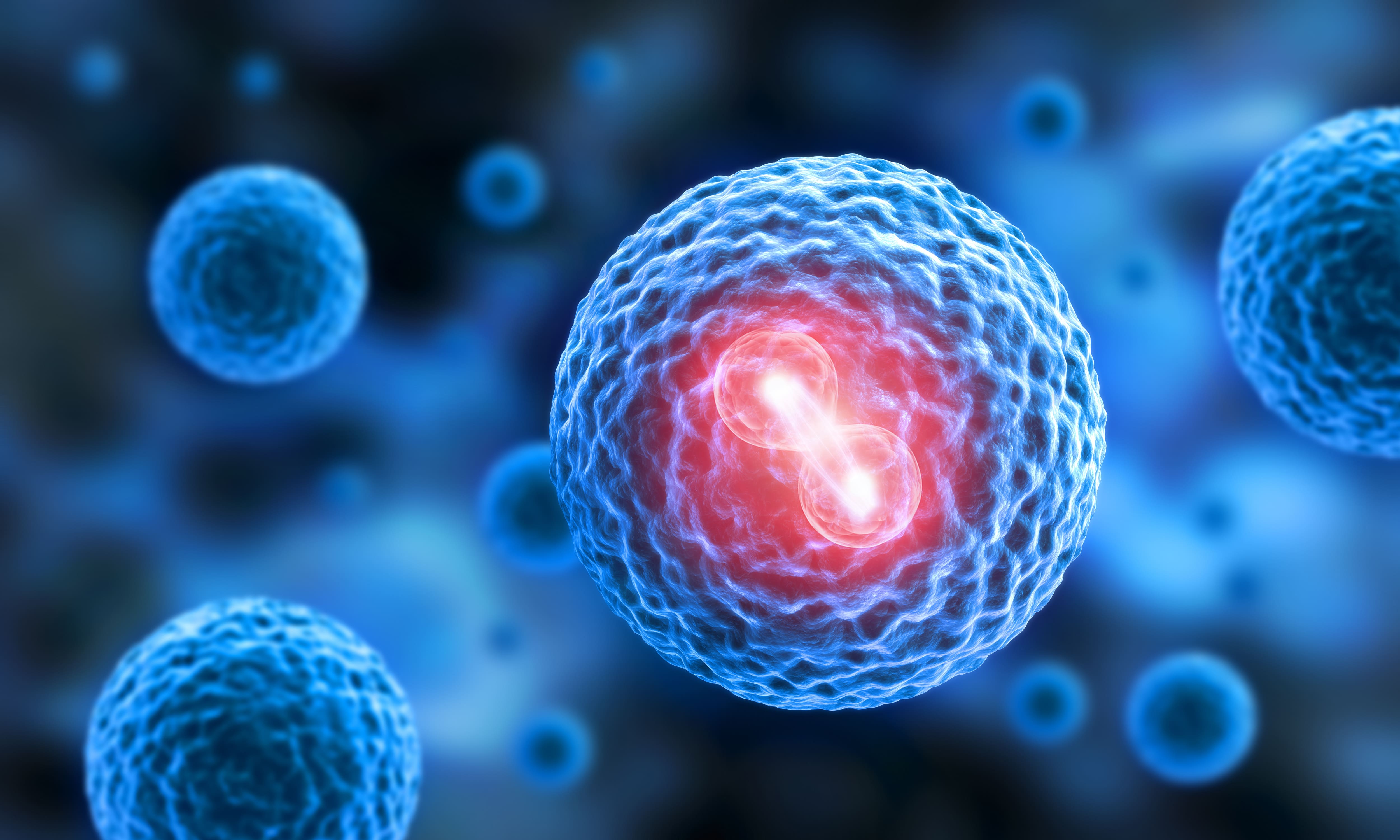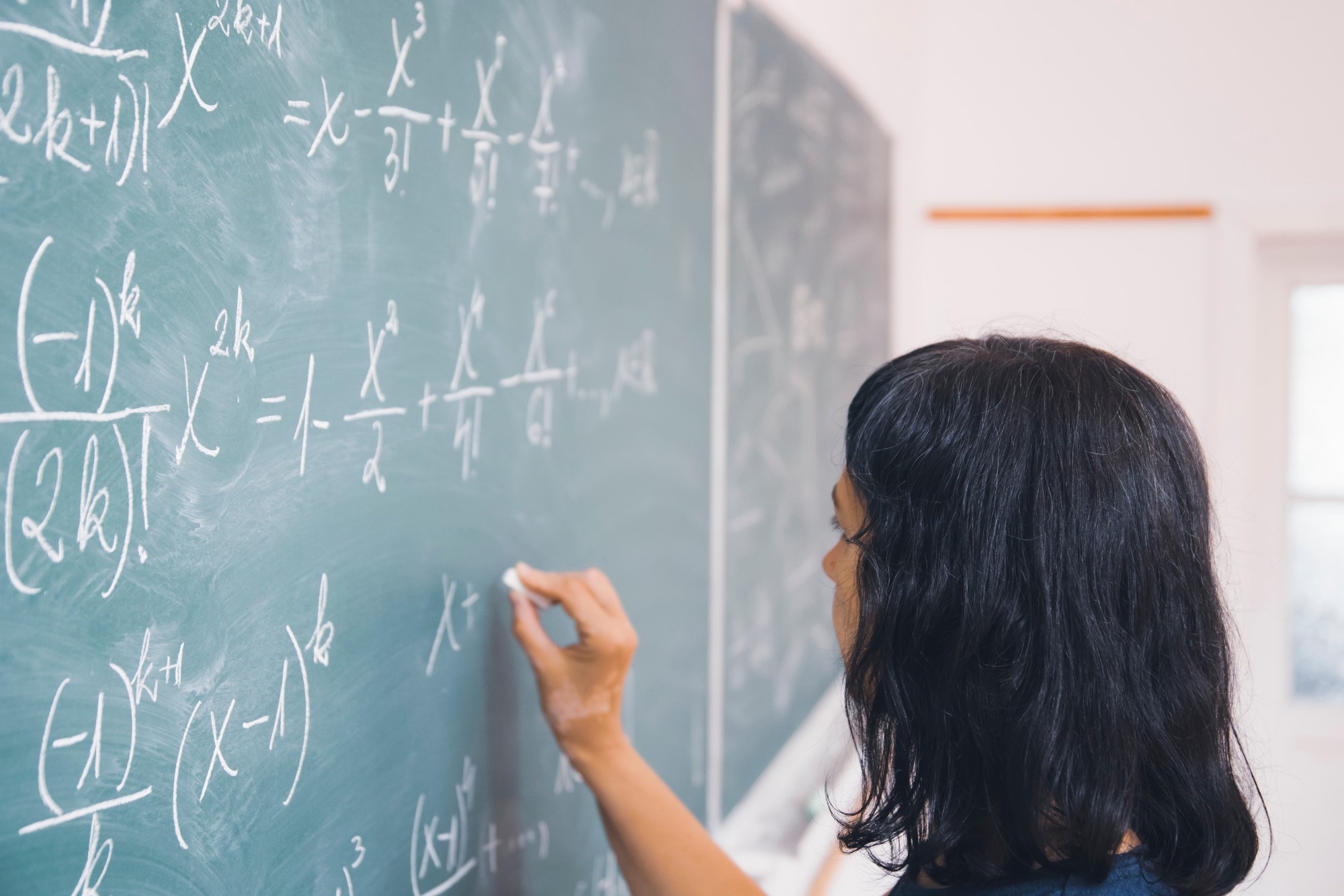Dengue, a global public health threat that now also affects Europe
Nearly half of the world's population is at risk from dengue fever. Diagnosed cases have increased eightfold in the last decade, a rise fuelled by global warming. August 26 marks the International Day against this disease endemic in more than 100 tropical and subtropical countries, which is beginning to affect new areas, including Europe.
